jeffp, traditional herbalist almost always start tinctures infusions, etc, on the new moon because the station of the moon does influence how easily the compounds dissolve. gravitational pull or some crap like that - not sure exactly why it works, but i was taught to do it that way. have not tried it both ways so i have no basis for comparison. a lil hokey, but oh well, it works!
as for the leaching (not leeching lol) process i was always under the impression that a longer soak will always draw out more goodies, up to a certain point. most herbal tinctures (oil, alcohol, vinegar, honey or glycerin based) sit in a cool dark place anywhere from 30 - 90 days or so shaking every day, after which you are dealing with diminishing returns. They are not usually quick propositions, so that's where the heat comes in - when you need speed. Also i believe some compounds are more stubborn than others and the gentle heat coaxes them out more efficiently - especially compounds locked in roots or barks. these 5 day tinctures fly in the face of what i know - but hey - whatever works for ya!
I think when i do the brownies (no box mix here - we're talkin' my very own scratch recipe here droooooolllllll) i'll knock back the flour just a bit to compensate, they are chewy and any added dry stuff may throw off the ratio and make them crumbly. ack! My main man, Alton Brown says that baking is all about precision and technique and he is dead on. Ever eaten a heavy cake? usually it's bad technique. 1/2 cup of anything in a recipe will alter it significantly so I feel the need to adjust for it., just wanted to see if anybody else did.
Tuck, any base oil (as in oily fatty oils - not essential) will work with any herb, some just work better or have different properties.
For example, if i'm making an herbal infused oil to be used in a salve for inflammation, i would choose the base or carrier oil for it's anti inflammatory properties to compliment the properties of the herbs, butters and essential oils i add to complete the salve.
i guess the same principal applies here. So sunflower seed oil (really, any edible oil) should work well for an ingestion application because fat will unlock fat soluble compounds like THC. I would probably use coconut oil because i haven't tried it as a base before and i'm subbing out for butter int he recipe, coconut oil will provide just the little firmness i need to be able to cream the fat and sugar together in the recipe.
Olive, grapeseed, safflower, rapeseed, soy lecithin (soy fat really) etc. will all work just fine. I assume you would just choose the one that provides the best extraction effects, only determinable through trial and error.
my herbal intuition tells me that hemp seed oil may give you a more complete extraction of the goodies

, but i have no proof of this - strictly the accumulation of 20 years of intuition.
The thing about herbalism is that it is very much a 'bit of this - bit of that' type thing. when these methods were being developed, measuring things using units wasn't common, so you get directions like this - a handful of dried herb and enough solvent to cover by a bit. store menstrum (mix of herbs and solvent - a nod to the Goddess) in a cool dark place, shaking daily. after it looks right, strain and bottle in amber glass and discard spent herb. clear as mud eh? also called the "Simplers Method"
heating herbal concoctions is no different. My crockpot gets too hot, so i do use a double boiler. the oil should be pretty warm, but still sorta comfortable to the fingertips and should sit at that temp (no sizzling or blackening of the herb, of course) with the herb in it until it 'looks right' ie, it looks like the herb is spent. I strain out the solids, compost them and then bottle in mason jars that are kept in cabinets to block light for storage. this really develops with experience, every herb seems to tincture a wee bit differently. I am a freak about my kitchen thermometer and usually take temp readings on everything for doneness (even breads and cakes!), but thermie died a few weeks back and hasn't yet been replaced, so i cant really give you numbers.
you absolutely can re-infuse oil ad nauseum/infinitum- just understand that the more heat is applied, the more product breakdown you get. the reinfusion is probably best applied with the leaching method.
as for coconut oil in baking - My son has severe food allergies so i am used to subbing out ingredients. My thinking is that coconut oil would act like a blend of butter and margarine or perhaps like shortening in baking- some firmness, but low melt point and no water like butter or margarine. it also helps keep baked goods moister, that's why it's in things with freakishly long shelf lives like little debbies and such.
Cooking with it may be a whole 'nother ballgame as cooking generally involves higher heat which may break down the goodies - not sure.
Glad i've been able to contribute baking, aromatherapy and herbalism are like my favorite things to do- it's got me thinking about all kinds of cool stuff i can do with this ABV now.

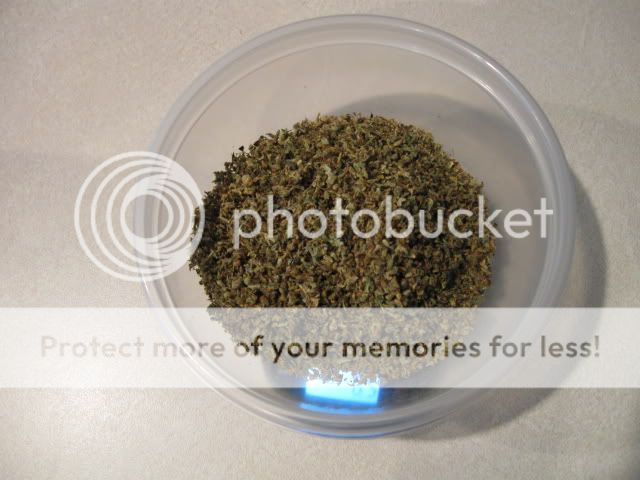
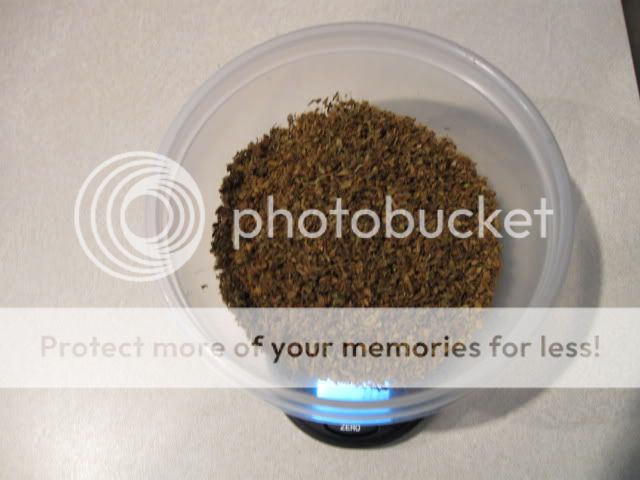
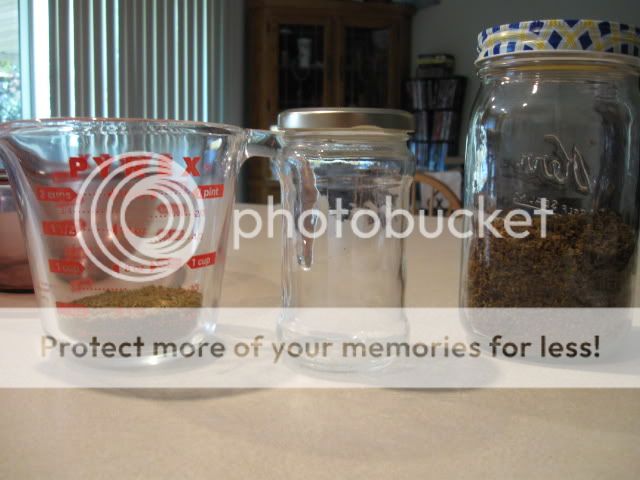
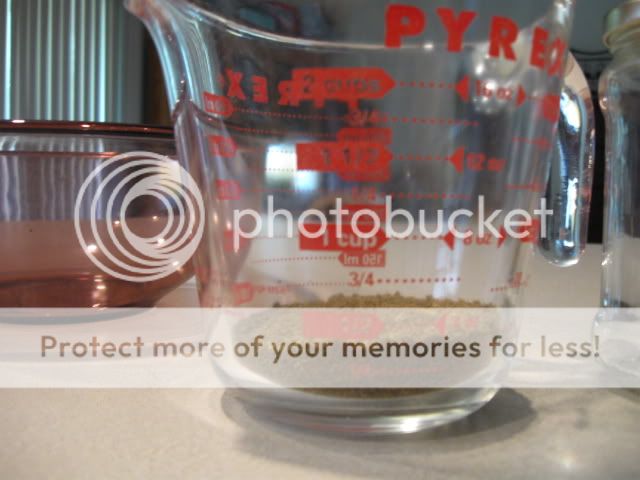
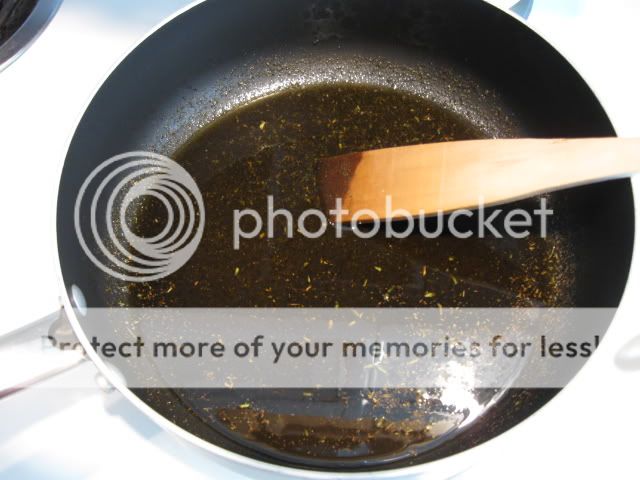
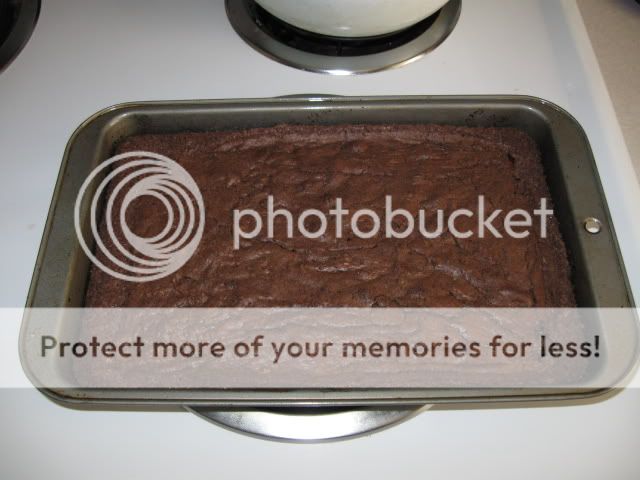
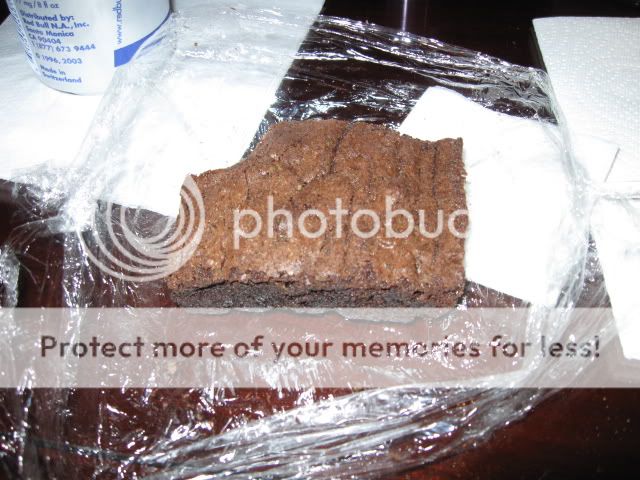

 , but i have no proof of this - strictly the accumulation of 20 years of intuition.
, but i have no proof of this - strictly the accumulation of 20 years of intuition. . A friend of mine who is an old" head", smoked some stuff and he was laid out on his back talking to the para-medics, so I kind of believe.
. A friend of mine who is an old" head", smoked some stuff and he was laid out on his back talking to the para-medics, so I kind of believe. 